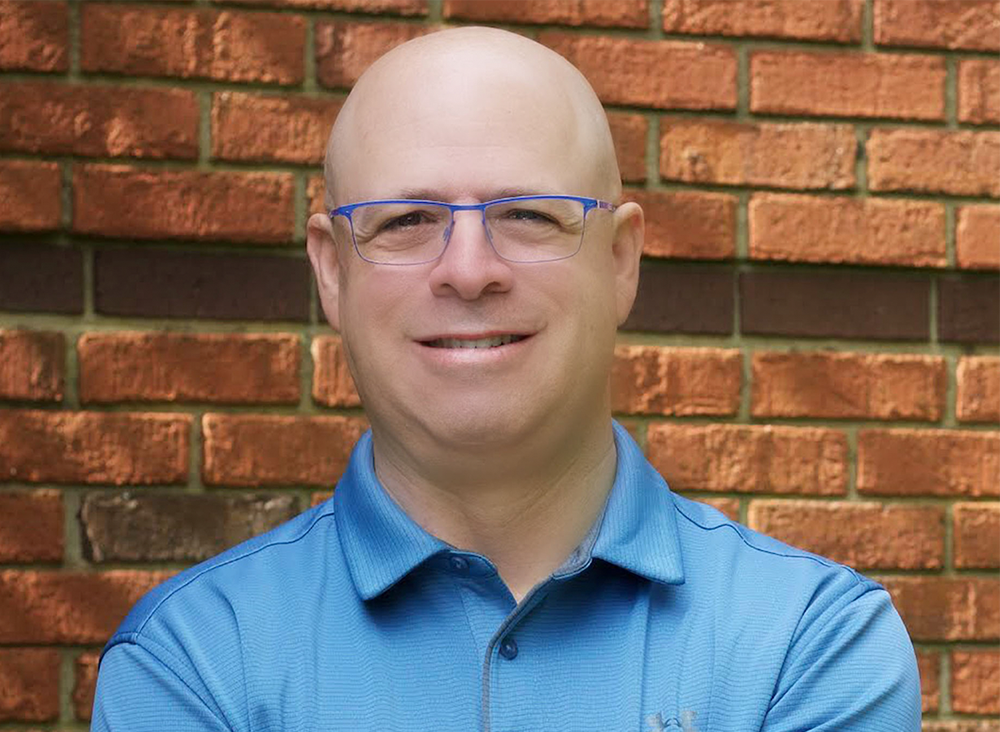
It’s been more than 4 years since my daughter returned home from wilderness therapy and residential treatment. It seems like a blur, but also seems like it was yesterday we were anticipating her return and the next chapter in her and our family’s lives.
During her time away, my wife and I lamented and grieved. What was most important, however, is that we didn’t sit still. We knew we did our best, but had an opportunity to help ourselves and our child with our own growth as parents.
Learning about Conscious Parenting, developed by Shefali Tsabary, PHD, made a big difference for us.
We learned that parenting is a rewarding and challenging experience that requires ongoing training/study, application and adaptation. Conscious parenting is a philosophy that emphasizes being present, mindful, and empathetic in our interactions with our children. At the depths of our struggles with our daughter, we were so concerned with her safety, we unfortunately lost our connection to her. She didn’t feel heard, so we inadvertently pushed her farther away.
As a result, I’d like to share how we learned to practice conscious parenting, as follows:
- Practice mindfulness: My wife and I desperately needed to bring our collective blood pressure down. We did this by being more present and aware of our thoughts, feelings, and surroundings, often taking walks together where we spoke about our relationship, and not about our struggles or our children. This gave us some perspective and a sense of the importance of our marriage, not just our parenthood.
- Connect with your children: We made an extra effort to connect with both our children. A call, a text or some dedicated time together where possible helped demonstrate they were a priority to us. And, we did our best to listen without judgment and with an open mind. This helped them feel heard and understood.
- Use positive reinforcement: We made sure to focus on the positives and encourage forward steps, no matter how small. Building confidence and self-worth are essentials to survival in a sometimes unforgiving world.
- Lead by example: Children learn from the behaviors and actions of their parents. By modeling empathy, kindness, and self-reflection, we helped our children emulate these qualities.
- Set clear boundaries and expectations: This was a hard one. Our children need to know we are still the parents. Though we invite input and feedback, we have the ultimate authority on key decisions. In fact, we held our ground on deal-breakers for our family. The example I give is that my daughter wanted to have the opportunity to “party” when she came home from residential treatment. She felt she learned how to cope while away and therefore didn’t need drugs or alcohol to help her. But we felt she needed to restart without this and therefore restricted her from returning home until she agreed. Missing the Christmas holidays at home wasn’t comfortable for anyone, but it was the right call.
Conscious parenting is a way of parenting that prioritizes mindfulness, empathy, and connection. By practicing these strategies, you can build strong, positive relationships with your children and help them develop into confident, emotionally intelligent individuals.
Thank you,
Andy Goldstrom
Peer Parent & Parent Coach